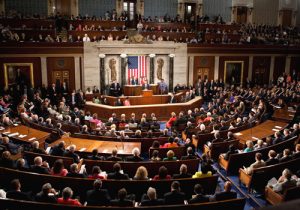Candid conversation with John Taft of SIFMA on conduct standards.
Legislation and Rulemaking
Comments on Definition of Fiduciary Proposed Rule
Disclosures and client consent are insufficient – by themselves – to satisfy the fiduciary standard. Investors must be able to rely on and have confidence in the expertise of their advisor. This can only be accomplished by applying a standard that prohibits all conflicts of interest.
Definition of the term “Fiduciary”
Rhoades provides a 119 page letter to the Department of Labor explaining in significant detail what fiduciary duty means.
Dodd-Frank Act, Section 913: Study and Rulemaking Regarding Obligations of Brokers, Dealers, and Investment Advisers
Rulemaking – The Commission may commence a rule-making, as necessary or appropriate in the public interest and for the protection of retail customers, to address the legal or regulatory standards of care for brokers, dealers, investment advisers, persons associated with brokers or dealers, and persons associated with investment advisers for providing personalized investment advice about securities to retail customers.
Testimony of Arthur Levitt, Jr. Senate Banking Committee
Former Chairman Levitt testifies to the Senate in 2008 that the SEC can build market trust. His counsel is more pertinent today.
New SEC Rule helps investors sort out brokers from investment advisers, requires a brokerage account disclosure, “Our interests may not be the same as yours”
Many people have asked about the origins of the “Butcher versus Dietitian” white board video recently popularized by Hightower Advisors and Tony Robbins. Its an excellent video, no doubt. Full disclosure, the first rendition of this story line to explain the differences between a broker and investment adviser in recent times (that I am aware of) was actually ten years ago when Harold Evensky and I collaborated on the idea in a different format and medium. Click the link above to see the PSA and news release. Knut




